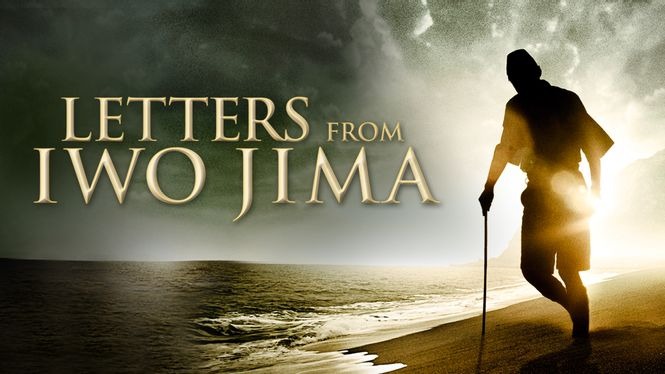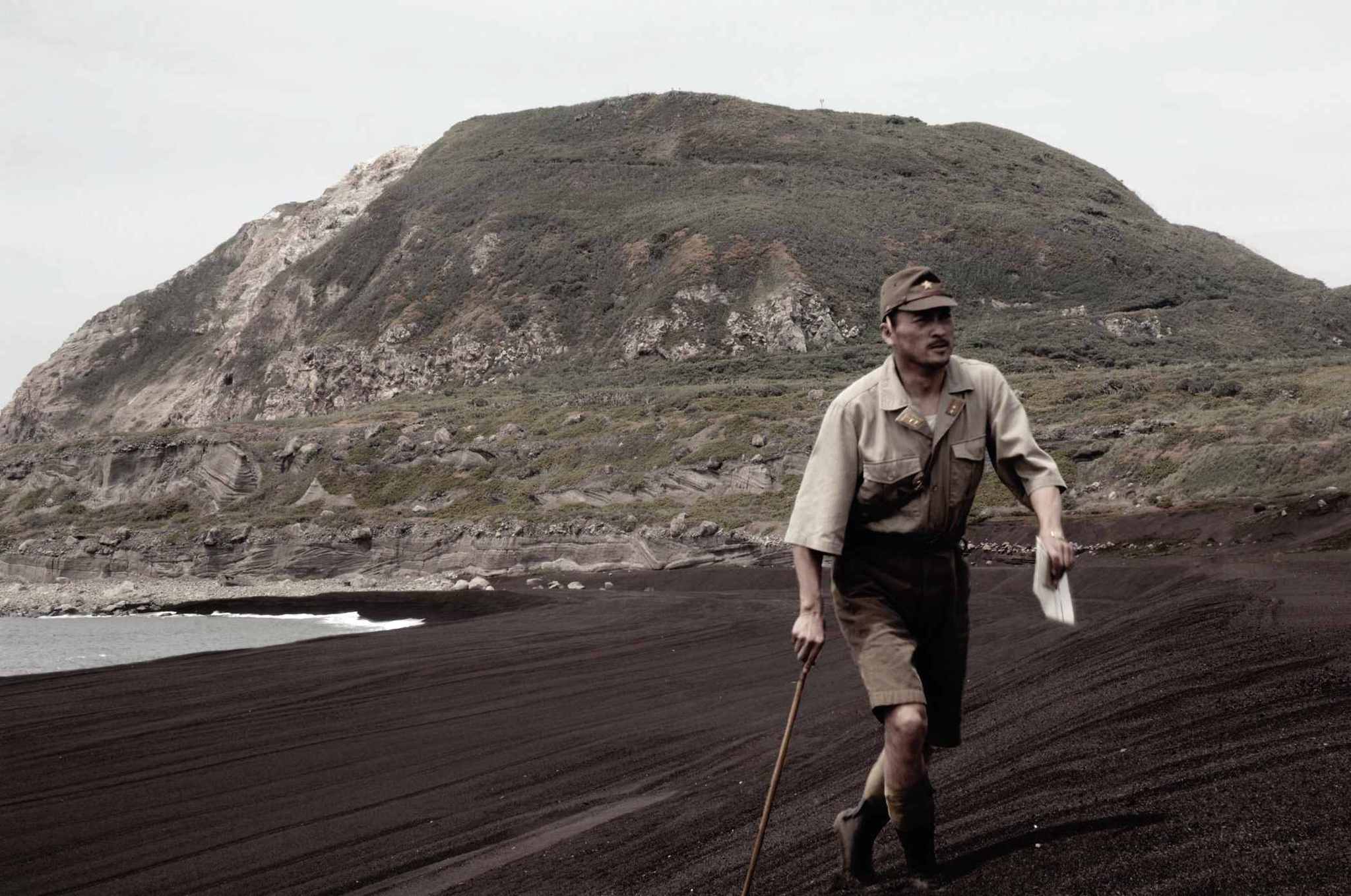Letters from Iwo Jima promptly earns a place as one of the best movies about World War II, and it confirms Clint Eastwood’s place as one of the greatest American film directors ever.
I am not exaggerating. This is one of the relatively few must-sees of the year.
Letters is a sort of bookend to Eastwood’s Flags of Our Fathers. Eastwood filmed the two features at the same time, in a similar style, and they should really be seen together, somewhat like Francis Ford Coppola’s first two Godfather movies.
Flags, of course, dealt with the U.S. Marines’ assault on the Japanese island of Iwo Jima. Letters tells the same story from the Japanese point of view.

It does not dishonor the memory of our Iwo Jima veterans to note that the Japanese defenders fought well and with fanatic determination. (Of a garrison of more than 20,000 Japanese soldiers and marines, fewer than 300 surrendered.) Marine Gen. Holland “Howlin’ Mad” Smith termed the island’s commander, Lt. Gen. Tadamichi Kuribayashi, the “most redoubtable” of the Japanese strategists in the war.
What Letters does is underline the fact that those 20,000 Japanese were human beings – sometimes admirable human beings.
It’s long been a given in Hollywood history that not all Germans in World War II were icy-nerved Nazi war criminals; we’re used to seeing them as people in such movies as Sam Peckinpah’s Cross of Iron or Wolfgang Petersen’s Das Boot.
At least a few American movies have tried to do the same thing, at least intermittently, like Tora! Tora! Tora!, Midway or (heaven help us) Michael Bay’s Pearl Harbor. None, however, have gone to the extent that Letters from Iwo Jima does.
The title refers to two sets of letters. One was a correspondence Gen. Kuribayashi carried on with his children, often adding his own drawings or cartoons.
As played by Ken Watanabe, Kuribayashi is one pole of the drama and rightly so. One of Japan’s most decorated officers – one of the few soldiers granted a personal audience with the Emperor – he was also something of a contrarian who opposed the often callous brutality meted out on common soldiers.
Stripped of his few fighter planes (which were flown back to the home islands) he designed the intricate network of tunnels that enabled the Japanese to hold out for more than a month, despite being outnumbered 5-to-1.
Ironically, he was also one of Japan’s most Westernized officers, having visited America as a student and later as a military attache.
Like Admiral Yamamoto, he opposed the Pacific War, on the grounds that victory against the American industrial machine would be impossible. Like Yamamoto, however, he nevertheless fought from a sense of honor – rather like the doomed warlord whom Watanabe played in The Last Samurai.
The other letters are the fictional ones being written home by a young cook (winningly played by Kazunari Ninomiya). He’s no Samurai – as far as he’s concerned, the Americans can have the worthless volcanic rock that is Iwo Jima – and all he wants to do is survive to see his wife and infant son.

Iris Yamashita’s script sketches other soldiers, too – an array of types similar in many ways to the GIs we meet in American war movies.
Letters doesn’t gloss over the fact that Imperial Japan was a brutal, neo-fascist state or that the Japanese forces committed atrocities. It does make the point, though, that not all Japanese were like that. There was no hive mentality; they disagreed.
Basically, we meet these people, who have some customs that seem peculiar (a flashback of a Japanese draftee being served his call-up notice is especially striking) but are more or less like us.

We reach the point that we care about them, or at least some of them.
Then we watch them die.
Like Flags, Eastwood shot Letters in an especially muted color that seems to bleach at times into virtual black-and-white – like old war movies.
It’s a technique, ironically, that seems to make these distant historical figures spring more readily to life.
Warriors are noble, but war is hell. We seem to keep forgetting that point, but Ol’ Dirty Harry has, with consummate skill, taken the time to remind us.





